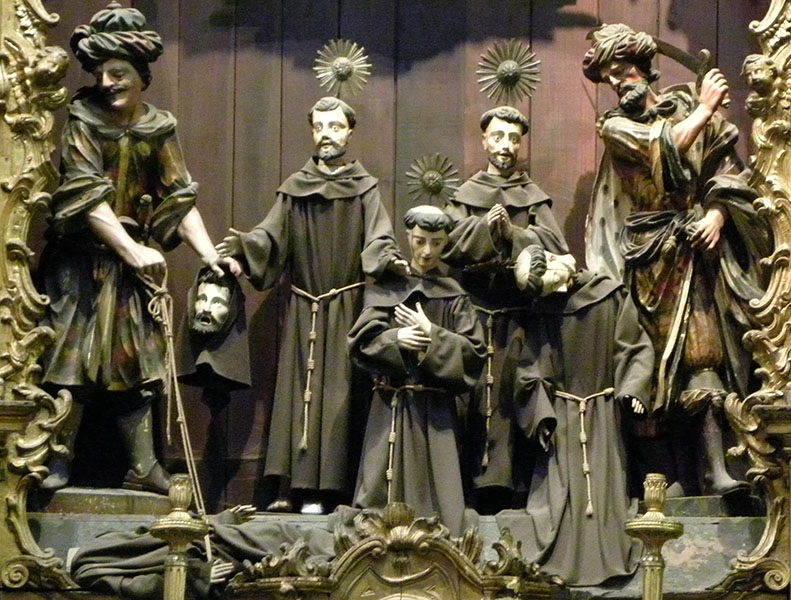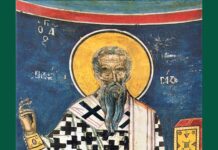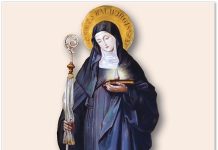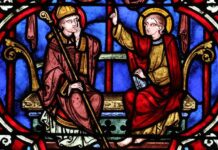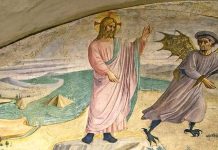Second Sunday in Ordinary Time
Featured Saints
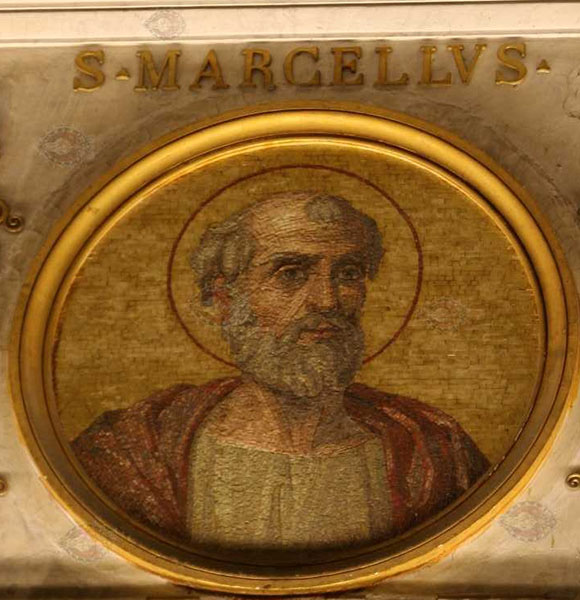
St. Marcellus I, Pope (†309). St. Damasus called him a true shepherd. He restored ecclesial discipline, built new churches and consecrated new bishops. He died in exile.
St. Melas, bishop (†circa 390). Bishop of Rhinocorura, Egypt, he was condemned to exile under Arian Emperor Valens.
St. Honoratus of Arles, bishop (†429). Founded the famous Abbey of Lerins (France). Elected Bishop of Arles, he died after three years of arduous pastoral work.
Blessed Joseph Vaz, priest (†1711). Indian missionary from the Congregation of the Oratory, in present day Sri Lanka. He translated the Gospel into the Tamil and Sinhalese dialects.
Sts. Berard, Otto and Peter, priests, Accursius and Adjutus, religious (†1226). Protomartyrs of the Franciscan Order. Sent by the founder to evangelize the Saracens of Spain, they were imprisoned, deported to Morocco and beheaded.
St. Leobatius, abbot (†fifth century). He was designated by his master St. Ursus as superior of the monastery of Sennevière in Tours, France.
St. Jane of Bagno di Romagna, virgin (†1105). Camaldolese nun in the monastery of St. Lucy, near Bagno di Romagna, Italy.
Blessed Joana Maria Condesa Lluch, virgin (†1916). Foundress of the Congregation of the Handmaids of the Immaculate Conception, Protectress of Workers in Valencia, Spain.
Mass Readings
First Reading – Is 62:1-5
For Zion’s sake I will not be silent,
for Jerusalem’s sake I will not be quiet,
until her vindication shines forth like the dawn
and her victory like a burning torch.
Nations shall behold your vindication,
and all the kings your glory;
you shall be called by a new name
pronounced by the mouth of the LORD.
You shall be a glorious crown in the hand of the LORD,
a royal diadem held by your God.
No more shall people call you “Forsaken, “
or your land “Desolate, “
but you shall be called “My Delight, “
and your land “Espoused.”
For the LORD delights in you
and makes your land his spouse.
As a young man marries a virgin,
your Builder shall marry you;
and as a bridegroom rejoices in his bride
so shall your God rejoice in you.
Responsorial Psalm – 96:1-2, 2-3, 7-8, 9-10 (R.3)
R. Proclaim His marvelous deeds to all the nations.
Sing to the LORD a new song;
sing to the LORD, all you lands.
Sing to the LORD; bless his name. R.
Announce his salvation, day after day.
Tell his glory among the nations;
among all peoples, his wondrous deeds. R.
Give to the LORD, you families of nations,
give to the LORD glory and praise;
give to the LORD the glory due his name! R.
Worship the LORD in holy attire.
Tremble before him, all the earth;
Say among the nations: The LORD is king.
He governs the peoples with equity. R.
Second Reading – 1 Cor 12:4-11
Brothers and sisters:
There are different kinds of spiritual gifts but the same Spirit;
there are different forms of service but the same Lord;
there are different workings but the same God
who produces all of them in everyone.
To each individual the manifestation of the Spirit
is given for some benefit.
To one is given through the Spirit the expression of wisdom;
to another, the expression of knowledge according to the
same Spirit;
to another, faith by the same Spirit;
to another, gifts of healing by the one Spirit;
to another, mighty deeds;
to another, prophecy;
to another, discernment of spirits;
to another, varieties of tongues;
to another, interpretation of tongues.
But one and the same Spirit produces all of these,
distributing them individually to each person as he wishes.
Gospel – Jn 2:1-11
There was a wedding at Cana in Galilee,
and the mother of Jesus was there.
Jesus and his disciples were also invited to the wedding.
When the wine ran short,
the mother of Jesus said to him,
“They have no wine.”
And Jesus said to her,
“Woman, how does your concern affect me?
My hour has not yet come.”
His mother said to the servers,
“Do whatever He tells you.”
Now there were six stone water jars there for Jewish ceremonial washings,
each holding twenty to thirty gallons.
Jesus told them,
“Fill the jars with water.”
So they filled them to the brim.
Then he told them,
“Draw some out now and take it to the headwaiter.”
So they took it.
And when the headwaiter tasted the water that had become wine,
without knowing where it came from
— although the servers who had drawn the water knew —,
the headwaiter called the bridegroom and said to him,
“Everyone serves good wine first,
and then when people have drunk freely, an inferior one;
but you have kept the good wine until now.”
Jesus did this as the beginning of his signs at Cana in Galilee
and so revealed his glory,
and his disciples began to believe in Him.



